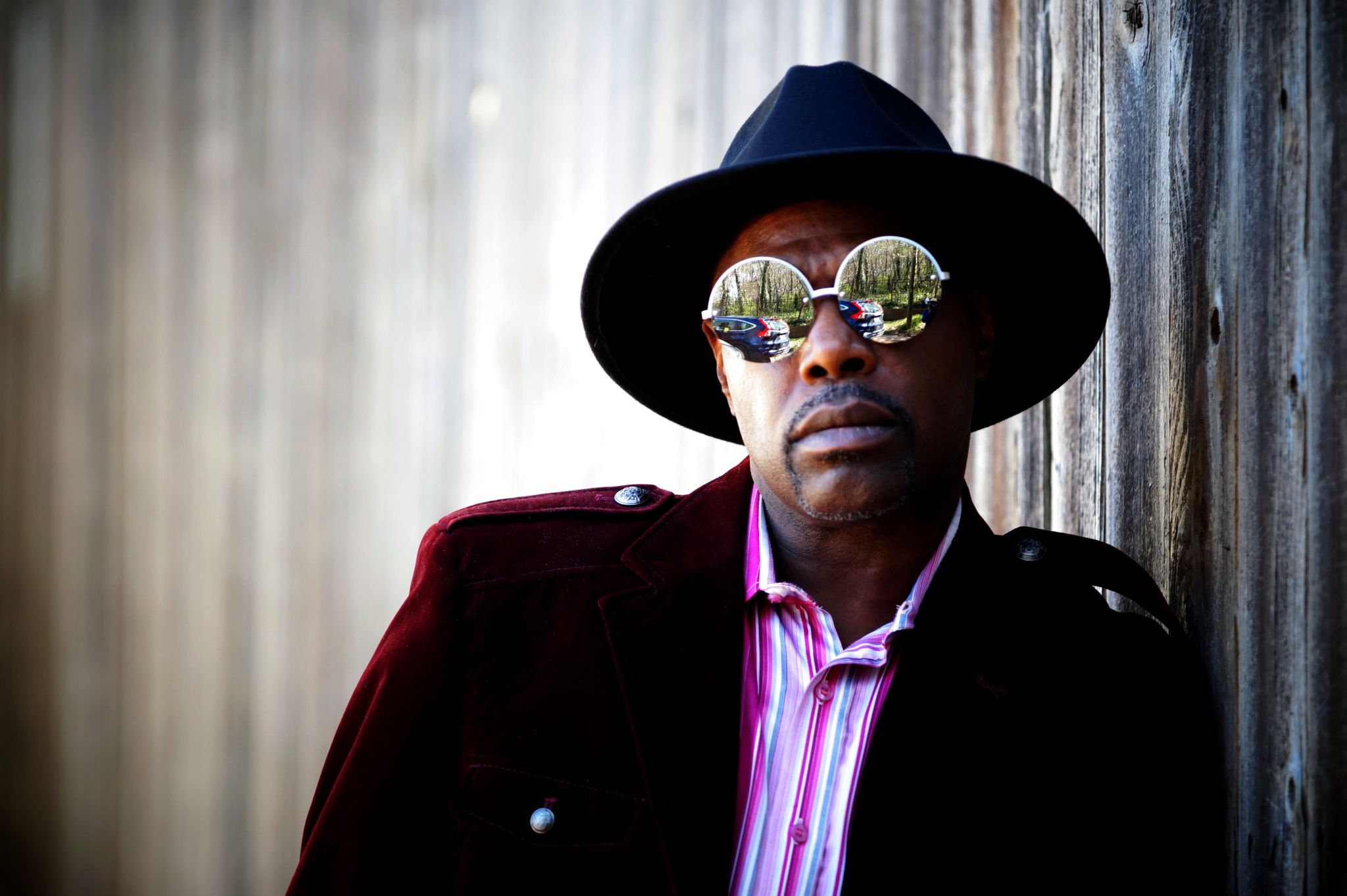“Mr. Soul: Ellis Haizlip”
Guest Writer: Bishop Hartsel Clifton Shirley
Tall and imposing.
Johnson was born in Hartford, Connecticut in 1930; shortly after, his mother and father divorced. In elementary school, Johnson expressed great interest in acting and wrote plays.
After graduating from Hillhouse High School, Johnson attended Yale University, studying psychology and drama. College turned out to be too expensive, and his grades weren’t the best. As a result, he ended up supporting himself as a dishwasher, busboy, and model.

In 1952, the young man joined the Air Force during the Korean war. Military service put his desire to pursue professional acting on hold. However, that zeal, that zest did not die: he staged theatrical productions (plays) to entertain the troops. After his stint in the military was over, the budding performer was able to refocus.
While supporting himself with mostly menial jobs, Johnson kicked his professional pursuit of acting into high gear by getting accepted into the Actor’s Studio, Berghof’s Institute, and then the Ballets Russes. During this time, James Arthur Johnson became Raymond St. Jacques, a name that distinguished him from other actors. Now, in addition to acting and assistant directing, he often trained actors in the art of swordplay: he’d become quite accomplished as a fencing master.
The newly minted St. Jacques won his first professional gig in an off-Broadway play called High Name Today. This was followed by both off-Broadway and Broadway roles, including appearances in the musical Seventh Heaven (his Broadway debut) and the productions Night Life, The Blacks, The Cool World, and A Raisin in the Sun.
St. Jacques’ film debut came in 1964 with the classic Black Like Me; later that year, he was seen in The Pawnbroker. Next up was his role in The Comedians, which got him significant buzz—he upstaged his co-stars Richard Burton and Elizabeth Taylor, well-established actors.
The next year, this performer certainly was on an upward trajectory: he made history as the first Black man to have a regular role in a television western, the legendary Rawhide. St. Jacques won many TV roles that included The Virginian, East Side/West Side, The Man from U.N.C.L.E., Dr. Kildare, I Spy, The Green Hornet, Daniel Boone, and Daktari.
In 1968, he starred in the movies Uptight and If He Hollers, Let Him Go, which featured bedroom scenes with Barbara McNair that were so tempting that they made Playboy magazine’s in the “Sex in the Cinema” section. Subsequently, St. Jacques received an NAACP Image Award for best motion picture actor.
In the article, he provided a window into his ostentatious lifestyle: he starred in the classic Cotton Comes to Harlem (1970) and Come Back Charleston Blue (1972). In 1974, he formed his own production company, St. Jacques Organization, Inc. Under that shingle, he wrote and produced the movie Book of Numbers, which told stories of several African Americans who lived during the late 1800s.

In 1977, St. Jacques gave an interview to Ebony magazine. In the article, he shared his ostentatious lifestyle: dining at expensive restaurants, driving a classic 1954 Bentley, owning a triple-wing, ten-room Beverly Hills mansion, taking six friends to Paris one New Year’s Eve…and more. “None of the things I do—the way I live, the clothes, the cars—none of these things are for show,” he stated. “If there’s any flamboyance in them, then that flamboyance is me. It’s the way I am. I’ve always been this way, even when I had to worry about paying the bills.”
St. Jacques was a discrete patron of gay clubs and private parties in California and New York, many times joined by fellow actors/close friends Howard Rollins and Paul Winfield. Regularly, he spoke of the prejudice and discrimination that he and other African American actors faced, and the problems of being cast in non-stereotypical roles.
This fierce and impassioned advocate did much to enable African Americans to obtain work behind the camera. In 1977, he openly complained about the lack of minority actors in Star Wars and other science fiction films.
As well, St. Jacques was an ardent advocate for the civil rights of Black Americans. He and other protestors were arrested in 1985 during an anti-apartheid demonstration near the South African embassy in Washington, D.C.
In the mid-80s, this versatile entertainer continued in television and movies– and also on the stage. He appeared in shows including Little House on the Prairie, Airwolf, Quincy, Hart to Hart, Murder She Wrote, A Different World, Fantasy Island, MacGyver, Falcon Crest. His stage credits included Julius Cesar, A Raisin in the Sun, and Othello. St. Jacques’ final film roles were 1987’s The Wild Pair, and 1989’s Glory, where he portrayed Frederick Douglass.
On July 30, 1990, the multi-faceted performer was hospitalized for treatment of cancer of the lymph glands. And less than a month later, on August 27, 1990, St. Jacques passed away from complications due to advanced HIV disease. His final film, Timebomb, was released the following year.
Raymond St. Jacques did as many of us have to do – recreate ourselves to be our authentic self, and in doing so, he was proof that…

Bishop Hartsel Clifton Shirley is an author, writer, singer/songwriter, and bishop from Waterloo, Iowa. He received his master’s degree in business from the International Business Management Institute based in Berlin, Germany.
Currently residing in Atlanta, Mr. Shirley is a bishop of National and International Social Action, part of New Direction Overcomers’ International Fellowship (based in Richmond, Virginia).
A multi-faceted talent, Hartsel is a writer, author, and singer/songwriter. A bronze prize winner of the International Society of Poets, he has penned editorials for the Waterloo/Cedar Falls Courier. His best-selling novel is entitled Three Words, Four Letters, published by Ishai Books. Additionally, Hartsel has charted at #1 several times on the ReverbNation pop music charts.
Inspired by Langston Hughes, Bishop Shirley states, “I write what moves me. There is nothing I can’t write. I just have to care about it so I can write truthfully.”
According to Hartsel, his current book, The Night Eddie Sallis Died, is based on factual information he uncovered in 2002 about a 1966 jail cell “suicide” in Waterloo, Iowa (his place of birth). This revealing and riveting book pulls back the curtain on racism and police brutality. The author emphasizes, “These truths make Iowa a state not to be taken lightly–nor forget.”



Leave A Comment